As a child in a small rural village in Sierra Leone, Mariatu Kamara lived a peaceful life surrounded by family and friends, with rebel attacks only a distant concern. However, when 12-year-old Mariatu ventured to a neighboring village, her world was shattered. She was ambushed by heavily armed rebel soldiers, many of whom were young themselves, who subjected her to brutal violence and severed both of her hands. Miraculously, Mariatu survived the harrowing ordeal and, after finding a mango—her first food since the attack—she was reaffirmed in her will to live. Yet, the harsh reality of her situation was starkly clear as she struggled to hold the fruit with her bloodied stumps. With no parents or adult support and living in a refugee camp, she was forced to beg on the streets of Freetown to survive.
Annick Press (Canada), Bloomsbury (UK), Allen & Unwin (Australia and New Zealand), De Kern/De Fonteyn (Holland), La Courte Echelon (French speaking North America), Droemer Knaur (Germany), Sperling & Kupfer/Mondadori (Italy), Intermon Oxfam (Spanish speaking world), Editora Planeta (Brazil), TheBookinMyLife (Korea), Mehta Publishing Company (India), Zalosba Alica (Slovenia), Vikatan Media (Sri Lanka – Tamil edition), Choubunsha Publishing (Japan).

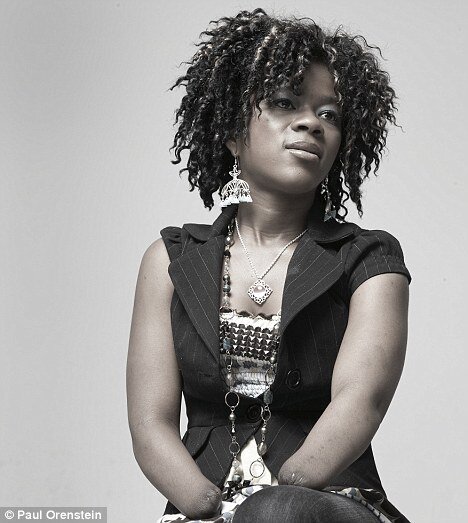
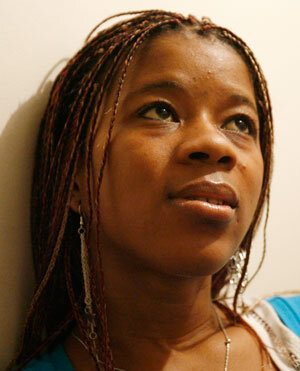
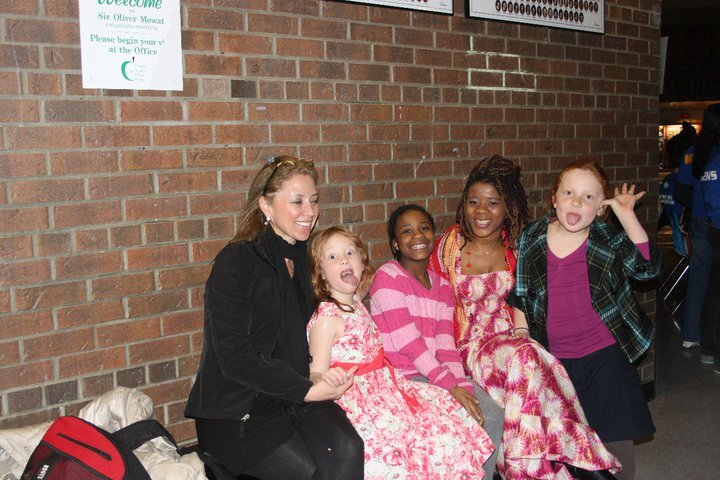
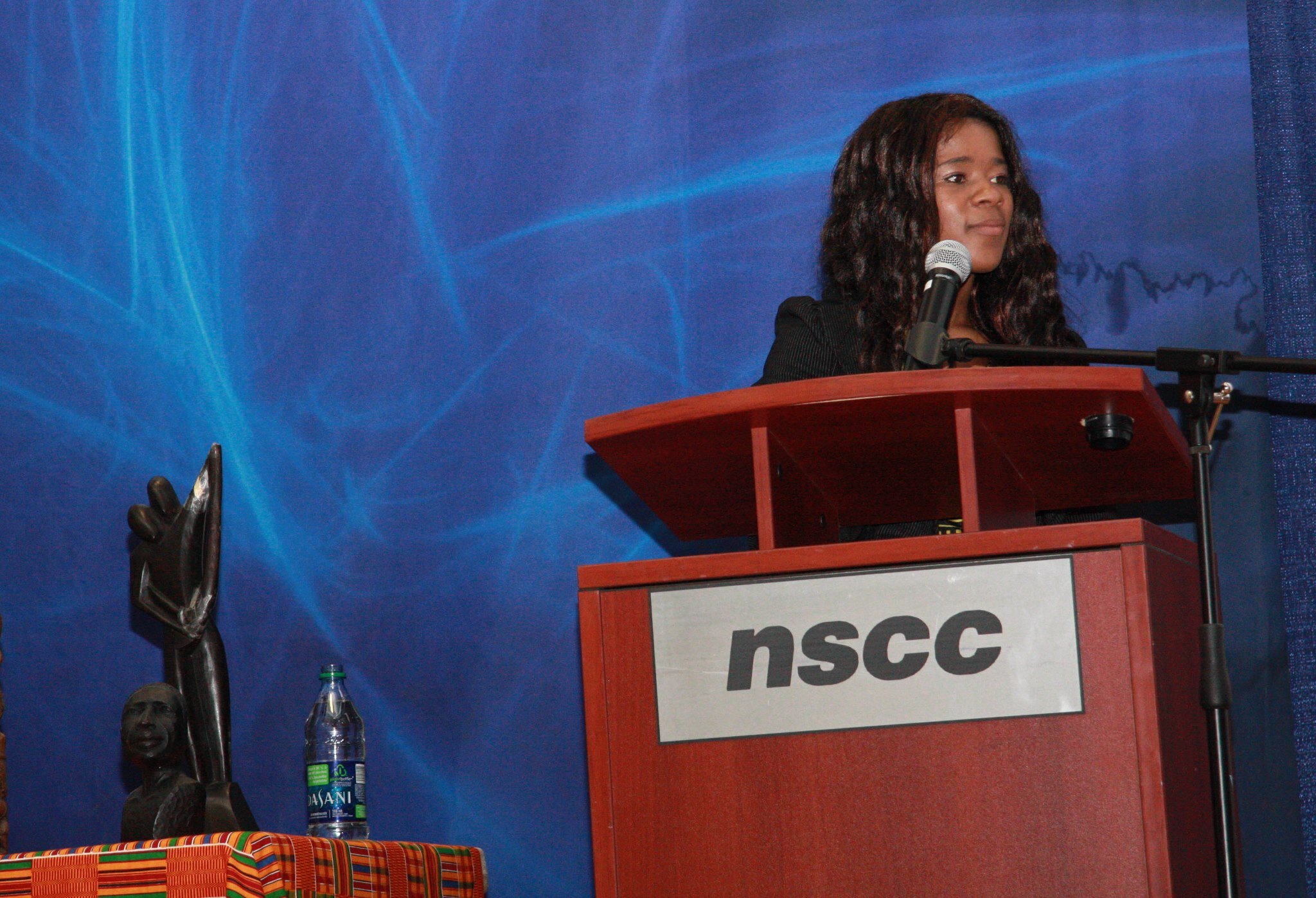





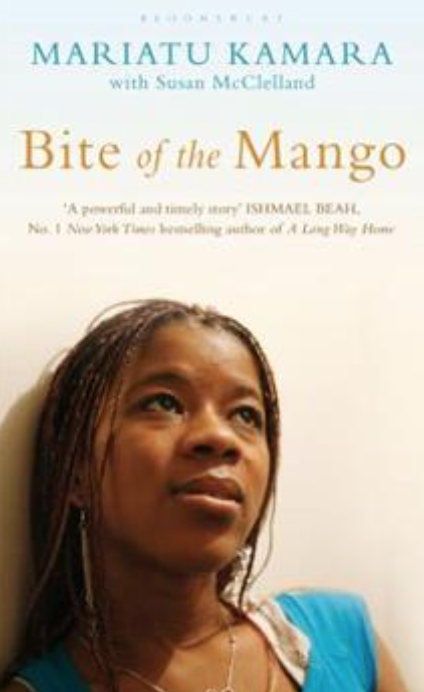



“… a powerful commentary on one of the many costs of wars. An essential purchase …”
— Kirkus, starred review, 10/08
“... never less than rivetting and is notable for its emontional honesty.”
— Globe & Mail, 02/09
Excerpt
I heard voices coming from the house beside me. The rebels had blockaded the doors and windows with big wooden planks. Inside, one of the rebels told me, were about 20 people. A single voice stood out, that of my friend Mariatu. She was wailing, calling for help, trapped with the others.
My eyes darted away from the house to a terrifying sight. Two rebels were shoving Ibrahim and Mohamed up the road toward us. They were punching the boys in the back to get them to move faster. When my cousins were directly in front of us, the rebels grabbed them by the neck and pushed them down hard into the dirt. Using their gun barrels, the rebels nudged the boys until they were back to back. Then they tied Mohamed and Ibrahim together. Next, the rebels forced the boys to stare up into the blinding noonday sun.
"Are you the soldiers watching the village?" one rebel yelled at them. "Are you the soldiers? Are you the soldiers?" he shouted over and over again.
Mohamed and Ibrahim shook their heads, but the rebel would not relent. The boys started crying. Ibrahim had wet his pants, and I watched the stain grow. I had to look away when the rebel began waving a knife around their bare backs and scalps. I tried to find somewhere my eyes could rest, but the first place they landed was back on the house.
Three young rebels, no older than me, were walking alongside it, brandishing torches that set the thatched roof on fire. Everyone inside started to scream as the fire became an inferno. A woman with a baby tied on her back managed to punch through the wooden planks blocking one of the windows. The baby had curly black hair and big eyes that were looking all around. One of the young rebels threw down his torch and grabbed the machete slung on his back. In one violent swoop, he chopped off the woman's head. The baby wailed as the woman's body fell back into the house on top of him. Her head rolled onto the road toward me.
I started to cry again, and my body convulsed. "Do you want to join them?" the rebel watching over me threatened. Part of me did.
